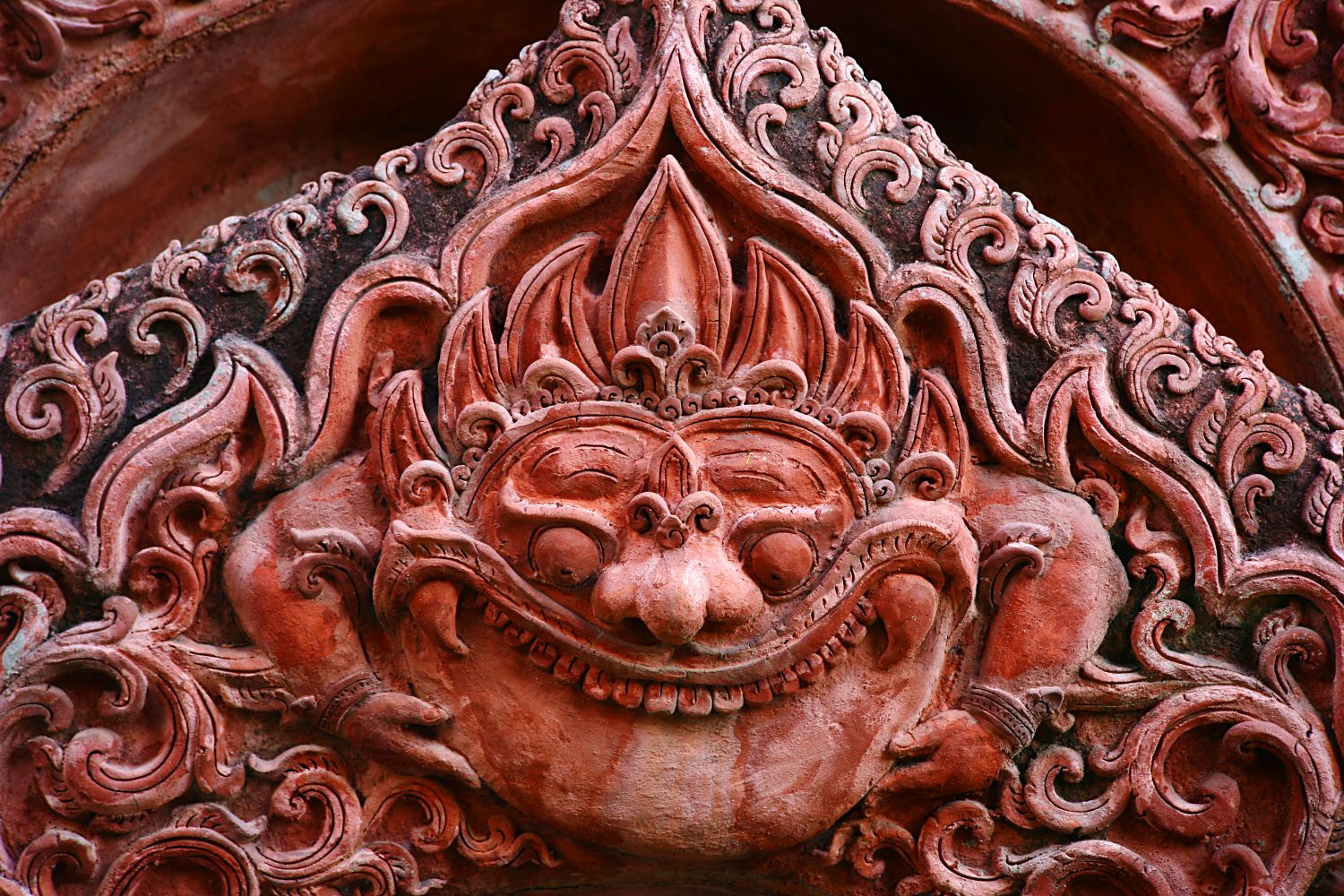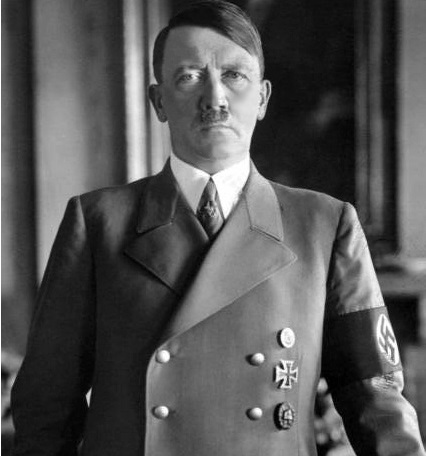On This Day 30 January 2024 Tuesday
Sam Vikram: 2080 Purnimanta Mass: Magha Paksha: Krishan / कृष्ण Tithi: Chaturthi upto 08:54
 Panchang / पंचांग
Panchang / पंचांग
Virram Samvat / विरम संवत: 2080
Shaka Samvat / शक संवत: 1945
Amanta Month / अमान्त मास: Paush / पौष
Purnimanta / पूर्णिमांत: Magha
Tithi / तिथि: Chaturthi upto 08:54
Paksha / पक्ष: Krishan / कृष्ण
Yoga / योग: Atiganda upto 10:40
First Karana / प्रथम करण: Baalava / बालव (तक) upto 08:54
Second Karana / द्वितीय करण: Kauvala / कौलव (तक) upto 22:16
Sunrise / सूर्योदय: 7:14
Sunset / सूर्यास्त: 17:54
Moonrise / चंद्रोदय: 22:02
Moonset / चंद्रास्त: 9:46
Sun Sign / कुण्डली: Makara
Moon Sign / राशि: Kanya
 Auspicious Time / शुभ समय
Auspicious Time / शुभ समय
Abhijit / अभिजीत: 12:13 − 12:55
Amrit Kaal / अमृत काल: 13:52 − 15:41
 Inauspicious Time / अशुभ समय
Inauspicious Time / अशुभ समय
Gulikai Kalam / गुलिकाई कलाम: 12:34 − 13:54
Yamaganda / यमगंडा: 09:54 − 11:14
Dur Muhurtam / दुर्मुहूर्तम्: 03:39 − 03:41
Rahu Kaal / राहु काल: 15:14 − 16:34
Varjyam Kaal / वर्ज्यम् काल: None
Today / आज
Freedom Fighters sacrificed / राष्ट्रवादियों ने बलिदान दिया था At Least/ कम से कम: 42
Major Historical Events / प्रमुख ऐतिहासिक घटनाएँ
Historical Events in Brief / ऐतिहासिक घटनाएँ संक्षेप में On This Day
Death of Mohandas Karamchand Gandhi
- Date of Event: Mahatma Gandhi was assassinated on January 30, 1948.
- Location: The assassination occurred in the compound of Birla House (now Gandhi Smriti) in New Delhi, India.
- Assailant: Gandhi was shot by Nathuram Godse, a Hindu nationalist who harbored anger towards Gandhi’s ideology of non-violence and his efforts to reconcile Hindu-Muslim relations.
- Context: At the time of his death, Gandhi was a prominent leader in the Indian independence movement. He had played a key role in securing India’s independence from British rule through non-violent civil disobedience. Gandhi was also actively involved in efforts to quell communal violence that erupted following the partition of India in 1947.
- Impact of His Death: Gandhi’s assassination sent shockwaves across India and the world. It led to widespread mourning and highlighted the deep communal tensions within India. His death also underscored the challenges faced in maintaining peace and harmony in a newly independent nation grappling with religious and cultural divides.
- Legacy: Gandhi’s philosophy of non-violence and peaceful resistance has had a lasting impact on global peace movements and civil rights campaigns. He is remembered as the “Father of the Nation” in India and his birthday, October 2nd, is observed as Gandhi Jayanti, a national holiday in India and the International Day of Non-Violence globally.
- Commemoration: Every year on January 30th, India observes Martyrs’ Day in honor of Gandhi and other martyrs who have given their lives in the struggle for India’s freedom. The day is marked by prayer services and tributes at his memorial in Raj Ghat, New Delhi.
1649: On this day, King Charles I of England was beheaded for high treason, marking a pivotal moment in British history.
1969: The Beatles made their last public performance, an impromptu concert on the roof of their Apple Records headquarters in London.
Assassination Attempt on President Andrew Jackson:
-
- Date: The assassination attempt took place on January 30, 1835.
- Incident: As President Jackson was leaving the U.S. House of Representatives Chamber, an assailant named Richard Lawrence attempted to shoot him.
- Misfired Pistols: Remarkably, both of the pistols Lawrence used misfired, sparing Jackson’s life.
- Aftermath: President Jackson was unharmed, and the event is notable as the first assassination attempt on a sitting U.S. President. Lawrence was found to be insane and was institutionalized.
Tet Offensive in Vietnam:
-
- Date: The Tet Offensive began on January 30, 1968, during the Vietnam War.
- Scale of Attack: North Vietnamese and Viet Cong forces launched a massive surprise attack against South Vietnamese and U.S. forces, targeting 36 provincial capitals, 5 major cities, the U.S. Embassy in Saigon, and the presidential palace.
- Military Outcome: Although U.S. and South Vietnamese forces eventually repelled the attacks and achieved a tactical military victory, the offensive was a strategic setback.
- Impact on U.S. Public Opinion: The Tet Offensive was a turning point in the Vietnam War primarily because of its psychological impact. Graphic news reports and the scale of the offensive dramatically shifted U.S. public opinion against the war, leading to increased anti-war sentiment and questioning of the U.S. government’s policies in Vietnam
January 30, 1972 – Bloody Sunday in Northern Ireland
-
- Location: Londonderry, Northern Ireland.
- Event: British troops killed 13 Roman Catholics during a banned civil rights march.
- Significance: The event, known as “Bloody Sunday,” marked a crucial and tragic moment in the Northern Ireland conflict, significantly escalating tensions and violence in the region.
January 30, 1973 – Watergate Scandal Convictions
-
- Location: Washington, D.C., USA.
- Event: Gordon Liddy and James McCord were convicted of burglary, wire-tapping, and attempted bugging of the Democratic Party’s headquarters inside the Watergate building.
- Significance: This conviction was a key development in the unfolding Watergate scandal, which eventually led to the resignation of President Richard Nixon.
January 30, 1992 – Argentina Opens Nazi Files
-
- Location: Argentina.
- Event: Argentina provided access to files of Nazis who fled to South America from Germany after World War II.
- Significance: This action aided the international effort to track down and bring Nazi war criminals to justice.
January 30, 1698 – Captain Kidd’s Maritime Exploit
-
- Location: Off the coast of India near Cochin.
- Event: Captain William Kidd attacked and captured the merchant ship Quedah Merchant.
- Significance: Captain Kidd, later known for his trial and execution for piracy, played a notorious role in maritime history.
January 30, 2020 – First COVID-19 Case in India
-
- Location: Thrissur district, Kerala, India.
- Event: The first case of COVID-19 in India was reported.
- Significance: This marked the beginning of the COVID-19 pandemic in India, leading to widespread public health challenges and significant societal impacts.
Anniversary / वर्षगांठ On This Day
1948 – Mahatma Gandhi, Freedom Activist: Commemorating the death anniversary of Mahatma Gandhi, a pivotal figure in India’s independence movement, who was assassinated on this day in 1948.
1957 – Priyadarshan, Celebrity: Celebrating the birthday of Priyadarshan, a renowned film director and screenwriter known for his work in Indian cinema.
1980 – Chandan Roy Sanyal, Celebrity: Marking the birthday of Chandan Roy Sanyal, a talented actor recognized for his performances in Indian cinema.
1987 – Puja Gupta, Celebrity: Observing the birthday of Puja Gupta, a notable actress and model in the Indian entertainment industry.
1989 – Deana Uppal, Celebrity: Celebrating the birthday of Deana Uppal, a British-Indian actress, model, and reality TV star.
1937 – Boris Spassky, Celebrity (Chess Player): Honoring the birthday of Boris Spassky, a grandmaster and former World Chess Champion from Russia.
1955 – Mychal Thompson, Celebrity (Basketball Player): Celebrating the birthday of Mychal Thompson, a former professional basketball player from the Bahamas who played in the NBA.
1957 – Payne Stewart, Celebrity (Golfer): Remembering Payne Stewart, an accomplished professional golfer from the USA, on his birthday.
1973 – Jalen Rose, Celebrity (Podcaster, Basketball Player, Actor): Celebrating the birthday of Jalen Rose, known for his versatile career as a former NBA player, sports analyst, and actor.
1981 – Dimitar Berbatov, Celebrity (Football Player): Observing the birthday of Dimitar Berbatov, a celebrated Bulgarian footballer known for his skillful play.
1984 – Junior dos Santos, Celebrity (Martial Artist): Marking the birthday of Junior dos Santos, a prominent mixed martial artist from Brazil.
1987 – Arda Turan, Celebrity (Football Player): Celebrating the birthday of Arda Turan, a professional footballer from Turkey known for his impressive career.
1987 – Becky Lynch, Celebrity (WWE Wrestler): Honoring the birthday of Becky Lynch, a renowned professional wrestler from Ireland.
2000 – Yuji Nishida, Celebrity (Volleyball Player): Celebrating the birthday of Yuji Nishida, a rising star in Japanese volleyball.
1972 – Limba Ram, Archer: Remembering the birthday of Limba Ram, an acclaimed archer from India known for his exceptional skills.
Freedom Fighters’ sacrifice / राष्ट्रवादियों के बलिदान
Feature Image: The image appears to be a black and white photograph of Adolf Hitler, a central figure in Germany’s National Socialist movement and the leader of the Nazi Party. He is shown from the chest up, wearing a military uniform with a distinct swastika armband on his left arm, which is a symbol of the Nazi Party. His uniform is adorned with medals, indicating his rank and accolades. Hitler is known for his distinctive mustache and is seen here with a stern expression and his hair parted to the side. He was the dictator of Germany from 1933 to 1945 and initiated World War II in Europe with the invasion of Poland. His policies led to the genocide of millions of Jews and others in the Holocaust. (Click here to view the image) [Credit: https://www.wikipedia.org]

Nice post. I learn something more challenging on different blogs everyday. It will always be stimulating to read content from other writers and practice a little something from their store. I’d prefer to use some with the content on my blog whether you don’t mind. Natually I’ll give you a link on your web blog. Thanks for sharing.
Your article helped me a lot, is there any more related content? Thanks!
I reckon something genuinely interesting about your weblog so I bookmarked.